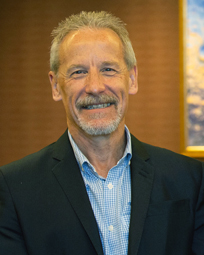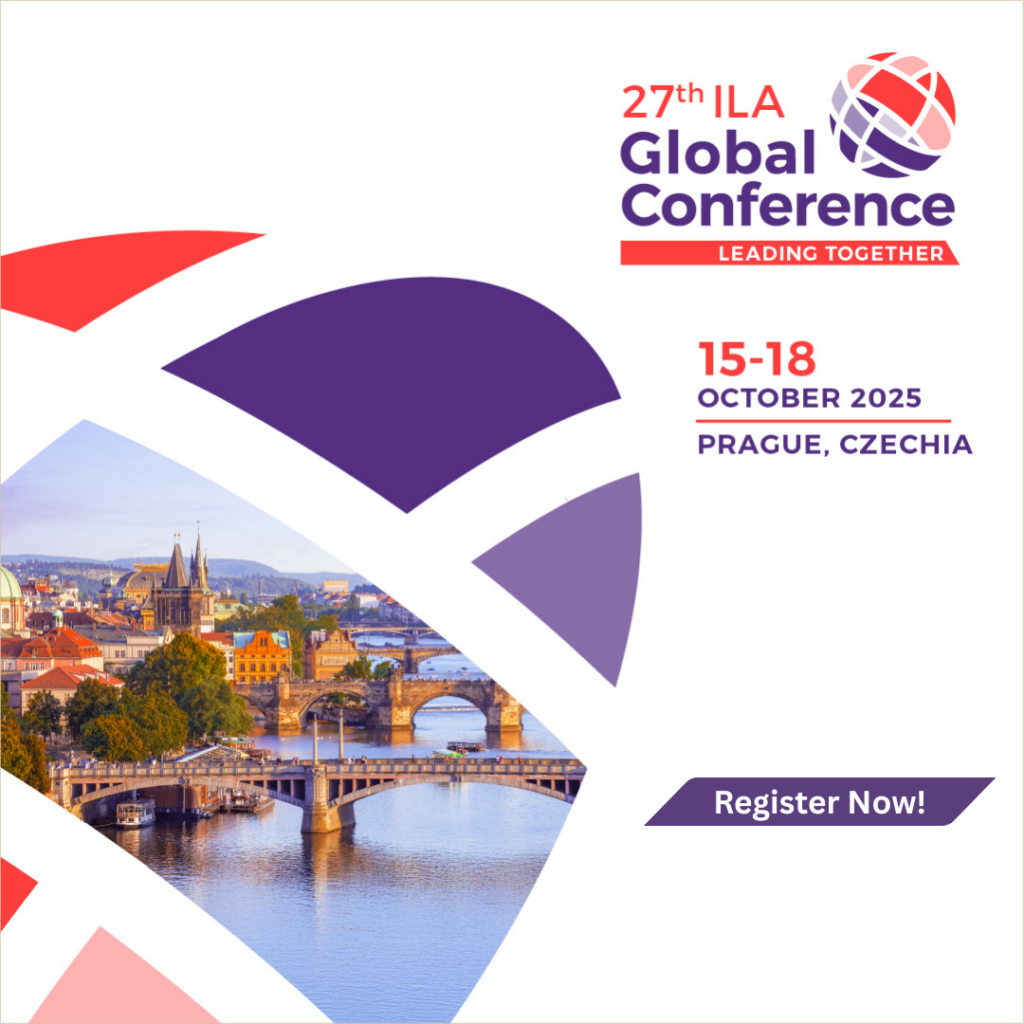
Presenters: Keith Grint and Jonathan Reams (Moderator)
Date: 5 February 2019
Requires Member Login.
Not a member?
Join today!
Join Leadership guru Keith Grint, 2018 ILA Lifetime Achievement Award Winner, and dive into a typology of tame, wicked, and critical problems focused on analysis, understanding, and alternative approaches.
This webinar starts looking at the nature of change through a typology of Tame, Wicked, and Critical problems and uses this to address the problems that participants have been unable to resolve. It suggests we think about these different problems as the responsibility of Management, Leadership, and Command.
Tame Problems can be solved through the Management of standard operating procedures and Critical Problems require decisive action on the part of the Commander. But Wicked Problems are either novel or recalcitrant and require a collaborative approach, facilitated by Leadership.
The second stage looks at why we have such difficulties in addressing Wicked Problems as leaders (as defined here) because we traditionally associate Leadership with decisiveness and authoritative action – which is precisely the wrong approach to Wicked Problems, and can compound the difficulties rather than resolve them. Some alternative techniques are suggested in the third section.
Attendees will learn:
- How to analyze different categories of problems and their associated decision styles;
- Why understanding the problem is necessary but insufficient to resolve it;
- What alternative approaches to Wicked problems might be worth trying.
Speaker Information

Keith Grint is Professor of Public Leadership at Warwick University. He spent 10 years working in various positions across a number of industry sectors before switching to an academic career. Amongst many jobs he has been an agricultural worker, a lifeguard, a postman, a freezer operative, and a karate instructor. Since becoming an academic he has held Chairs at Cranfield University and Lancaster University and was Director of the Lancaster Leadership Centre. He spent twelve years at Oxford University and was Director of Research at the Saïd Business School and Fellow in Organizational Behaviour, Templeton College. He remains an Associate Fellow of the Saïd Business School, Oxford. He is a Fellow of the British Academy of Social Sciences. He received the ILA Lifetime Achievement Award in 2018.
Keith is a founding co-editor of the journal Leadership and founding co-organizer of the International Conference in Researching Leadership. He has written 45 journal articles and 46 book chapters. His books include Leadership (ed.) (1997); The Machine at Work: Technology, Work and Society, (with Steve Woolgar) (1997); The Arts of Leadership (2000); Organizational Leadership (with John Bratton and Debra Nelson); Leadership: Limits and Possibilities (2005); Leadership, Management & Command: Rethinking D-Day (2008); Sage Handbook of Leadership (edited with Alan Bryman, David Collinson, Brad Jackson and Mary Uhl-Bien) (2010); The Public Leadership Challenge (edited with Stephen Brookes) (2010); Leadership: A Very Short Introduction (2010); and Sage Major Works of Leadership (four volumes) (ed. with David Collinson & Brad Jackson) (2011). His most recent papers include: “Mindful Organizing in U.S. Navy SEAL Teams: Sustaining Mindfulness in High-Reliability Organizations (HROs)” (with Amy Frayer and Layla Branicki) Management Review Discoveries (forthcoming), and “‘No More Heroes’: Critical Perspectives on Leadership Romanticism” with Owain Smolovic-Jones and David Collinson, Organization Studies (forthcoming).

Jonathan Reams is principal of Conscious Leadership Development and Associate Professor of Pedagogy and Adult Learning at the Norwegian University of Science and Technology. He practices the cultivation of leadership through awareness-based consulting, coaching, and action research on leadership development program design and delivery in a variety of settings. He serves as Editor-in Chief of Integral Review, and is a co-founder of the Center for Transformative Leadership and of the European Center for Leadership Practice. He brings awareness based leadership development practices to his work, focusing on how the inner workings of human nature can develop leadership capacities for today’s complex challenges. Jonathan’s PhD (2002) is in Leadership Studies from Gonzaga University, where he researched the intersection of consciousness development with leadership. Since then he has combined teaching, research and practice in this area through program design and delivery as well as coaching and consulting. He teaches courses at NTNU on coaching, counseling and leadership development, and has presented at international conferences on topics such as leadership development, consciousness research, and transformative learning. His recent research has focused on subjects such as; the impact of Immunity to Change based coaching, theoretical foundations of resistance to change, the integration of psychological and cognitive skill based assessments and the evaluation of new learning technology.
Share this webinar:


